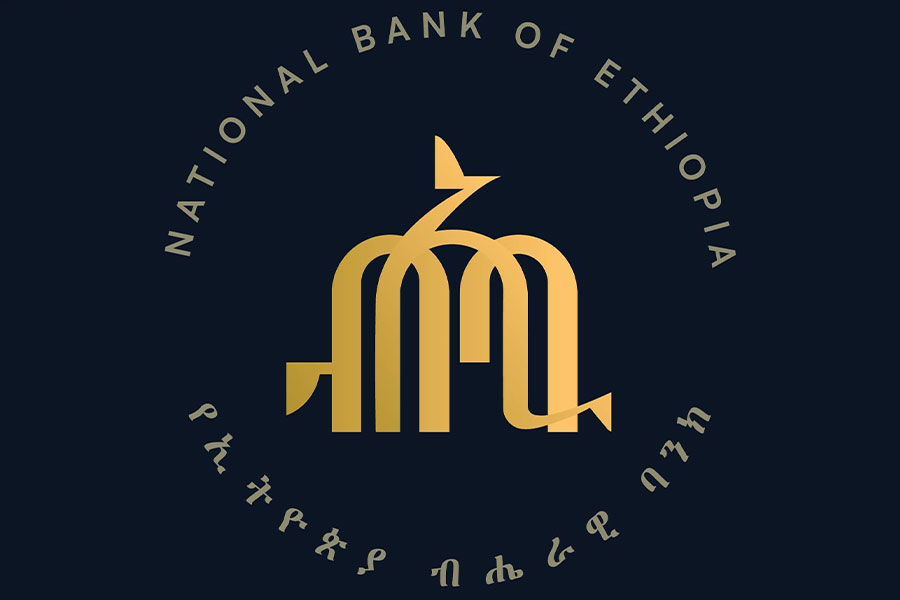

Tesfaye Boru (PhD), vice president of the Bank, will replace him as acting president.
Addisu Habba, president of Debub Global Bank, has resigned from office effective July 1, 2019. Tesfaye Boru (PhD), vice president of the Bank, will replace him as acting president. Addisu, who has 34 years of experience in the banking industry, is also a leader in the banking industry, serving as president of the Ethiopian Bankers’ Association for the past seven years. He joined Debub Global Bank in 2014, leaving the same position at Bank of Abyssinia where he served for five years, as well as working at Construction & Business Bank in different capacities. An economics graduate from the Addis Abeba University, Addisu did his postgraduate studies in banking and finance in an Italian university. Over the past five years, the Bank’s profit has shown a six-fold increase, growing from 18.4 million to 106.6 million Br in the last fiscal year. The Bank’s paid-up capital also jumped to over half a billion Birr last year, from 177.3 million Br five years ago. What prompted Addisu’s resignation remains undisclosed. However, it could be as a result of sharp disagreements with members of the board of directors over issues of interference, according to be people knowledgable of developments at the bank.
[ssba-buttons]